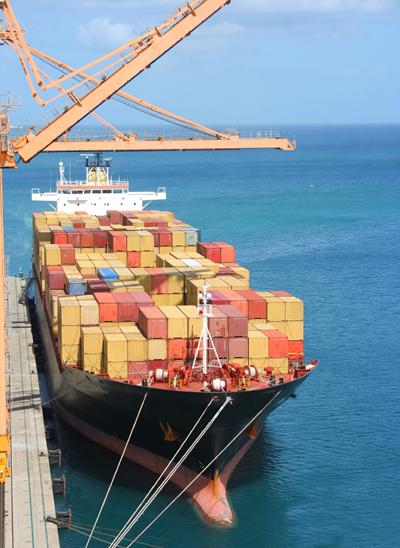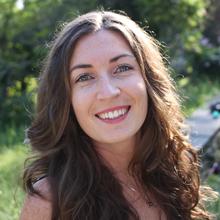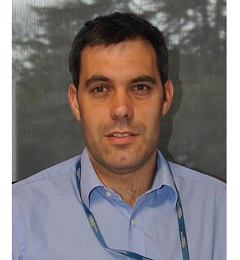Three-year study lifts the lid on seafarer fatigue

Fatigue levels are increasing among seafarers, particularly masters and watchkeepers, according to a three-year study into crew tiredness on board vessels.
Project MARTHA found that more masters reported higher fatigue at the end of a voyage than both third officers and seafarers. Masters worked more on a weekly basis than other crew members, and were more at risk of fatigue than other ranks.
However, no-one on board gets adequate sleep, with the night watchkeepers being particularly at risk of falling asleep. High levels of sleepiness can occur at any stage of the voyage, but the quantity and quality of sleep deteriorates over long voyages.
The majority of all 110 seafarers in the study, including crew of all ranks, said they were more fatigued at the end of a voyage than at the beginning, irrespective of the length of the voyage. Port work was seen as more demanding than work at sea.
The report identified significant discrepancies between working hours of different ethnic groups. Specifically, Chinese seafarers averaged 15.11 hours of work a day compared with the 10.23-hour daily average for European seafarers.
There was evidence of higher levels of fatigue and stress in seafarers from Chinese-managed companies than European-managed ones. "This suggests that differences in organisational factors are significant in affecting fatigue mitigation on board," according to the study.
Triggers for fatigue reported by seafarers included increasing pressure from competitive voyage schedules and having to handle tasks with fewer crew members.
Project MARTHA research and analysis was conducted by multiple stakeholders, including University of Southampton, Warsash Maritime Academy, University of Southern Denmark, Dalian Maritime University, Stress Research Institute, University of Stockholm, and InterManager.
The $3m project, sponsored by the TK Foundation, was launched in 2013. It looked at both the 'sleepiness' and fatigue experienced by seafarers from two Europe-based companies, MF Shipping Group and Zodiac Shipmanagement Co, and two state-owned Chinese companies that operate bulk carriers and tankers.
The project included a field study with questionnaires, interviews and voluntary diary-keeping by seafarers. It provided data from crew who had been on board for six months or more. Seafarer movement was recorded via an accelerometer, which measures acceleration and can indicate the difference between awake and sleep periods.
Some 70 European seafarers took part in this actigraphy study over two years. Actigraphy is a non-invasive method of monitoring human rest/activity cycles via an accelerometer.
Please see the full report here.
Related Staff Member
Related Staff Member

I obtained a BSc in psychology and an MSc in Neuropsychology from Bournemouth University in 2013 and 2014. I am now completing a PhD at the University of Southampton in cognitive psychology. It is through my PhD that I have been introduced to interdisciplinary work, with supervisors residing in both the psychology and engineering departments.
